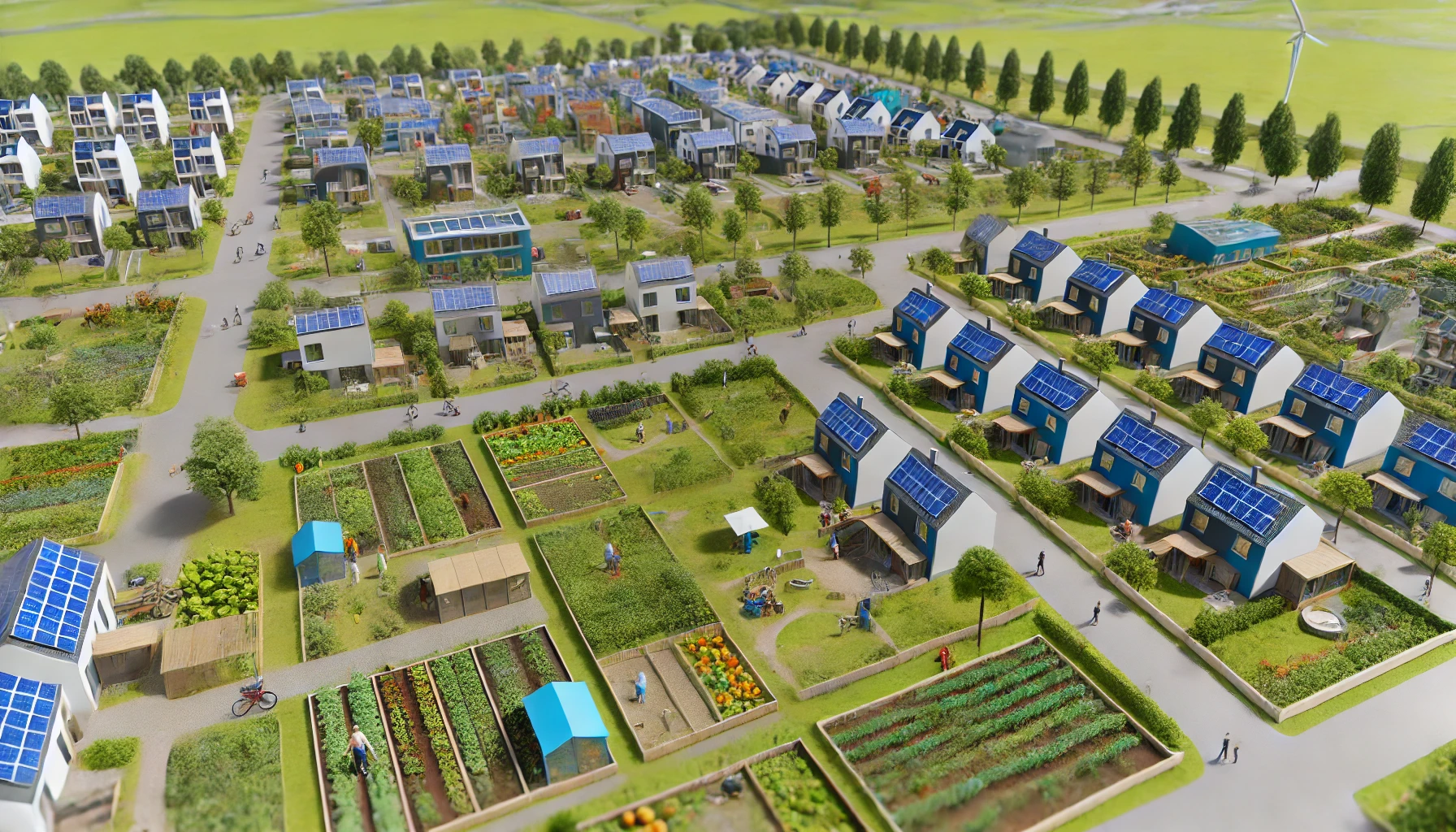In the Dutch suburb of Oosterwold, residents are required to cultivate food on at least half of their property, fostering a unique blendnd agriculture.
A Community-Driven Urban Experiment
Established east of Amsterdam in the city of Almere, Oosterwold spans 4,300 hectares and is home to approximately 5,000 residents. This community-driven initiative grants individuals significant autonomy in designing and constructing their homes, as well as managing communal resources such as roads, waste systems, and schools. A distinctive mandate requires that about 50% of each plot be dedicated to urban farming, promoting self-suffiood production.
Embracing Agricultural Responsibilities
Residents like Marco de Kat, who moved to Oosterwold in 2017, cultivate a variety of produce—including apples, pears, peppers, basil, beets, and cauliflower—on their 800-square-meter plot. This approach allows them to rely on homegrown vegetables throughout the year, even during winter months. De Kat expresses enthusiasm for this lifestyle, noting the convenience of sourcinrom his garden.
Redefining Urban Planning
Oosterwold challenges traditional Dutch urban planning by emphasizing resident participation and flexibility. The initiative encourages community collaboration in decision-making processes, fostering a sense of shared responsibility and innovation. The requirement for urban agriculture not only enhances food security but also strengthens community bonds and promoving practices.
Oosterwold serves as a pioneering model for integrating agriculture into urban environments, demonstrating the potential for self-sufficient and resilient communities. Its success offers valuable insights for future urban development projects worldwide.
